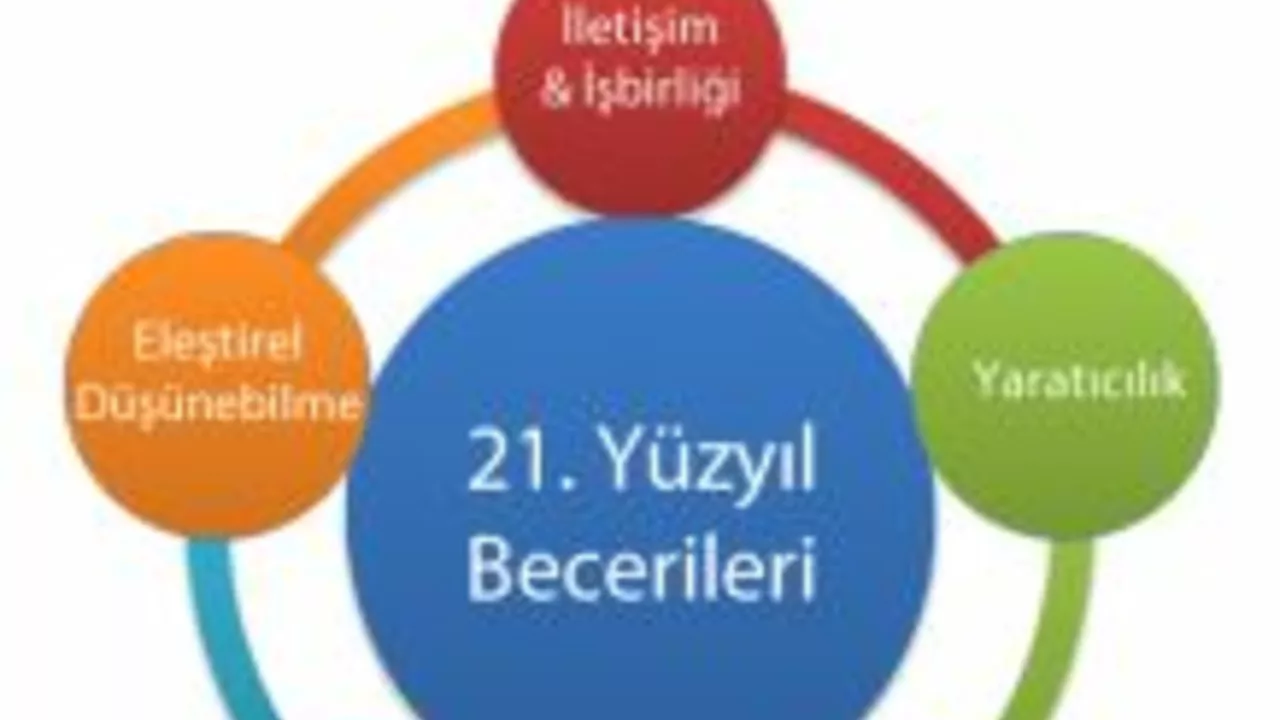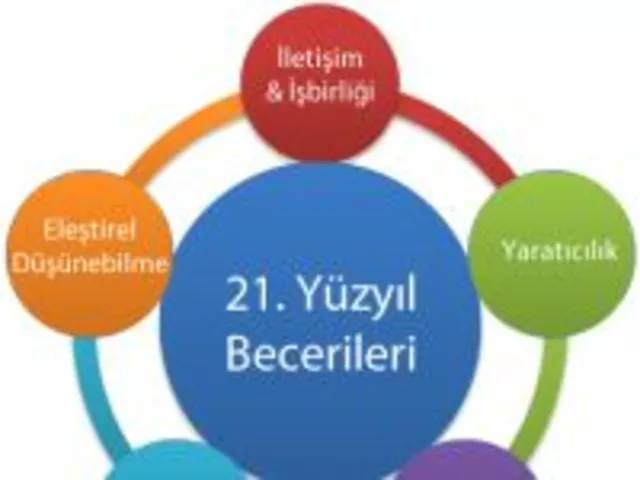Impact of Technological Advancements on Teaching and Learning
As technology continues to grow and evolve, it's having a profound impact on the field of education. Teachers and students alike have gained access to a wealth of resources and opportunities that were unimaginable just a few decades ago. From online courses to interactive whiteboards, technology is transforming the way we teach and learn. It's making education more engaging, interactive, and personalized. However, it is also raising concerns about the digital divide, privacy, and the quality of online education.
The Changing Role of Teachers in the Digital Age
The advent of digital technology has led to a significant shift in the role of teachers. Instead of being the primary source of knowledge, teachers are now becoming guides and facilitators. They are tasked with helping students navigate the vast ocean of information available online and teaching them how to think critically, solve problems, and become lifelong learners. This transition is not without challenges, as it requires teachers to learn new skills and adapt to new teaching methods.
How Online Learning is Redefining Education
Online learning has emerged as a viable alternative to traditional classroom education. It offers flexibility, convenience, and access to a wide range of courses and educational resources. For students who may not have the means or opportunity to attend traditional classes, online learning can be a lifesaver. However, it also comes with its own set of challenges, such as lack of personal interaction, potential for isolation, and the need for self-discipline and motivation.
Effects of Standardized Testing on Teaching and Learning
Standardized testing is a hotly debated topic in the field of education. On one hand, it provides a measure of student achievement and school performance. On the other hand, it can lead to a narrow focus on test preparation at the expense of broader learning objectives. It can also create stress for students and teachers and lead to negative consequences such as teaching to the test and neglecting subjects not covered by the test.
The Influence of Social Media on Student Learning
Social media is becoming an increasingly integral part of students' lives. It provides a platform for communication, collaboration, and sharing of information. However, it can also be a source of distraction and misinformation. It's important for educators to understand the potential benefits and drawbacks of social media and to guide students in using these platforms responsibly and effectively.
Effects of Classroom Environment on Student Learning
The physical and psychological environment of a classroom can have a significant impact on student learning. Factors such as lighting, temperature, noise levels, and classroom layout can affect students' comfort, concentration, and motivation. Positive teacher-student relationships and a supportive, inclusive classroom culture can also enhance learning outcomes. Educators need to consider these factors when designing and managing their classrooms.
Parental Involvement in Children's Education
Parental involvement plays a crucial role in children's education. Research has shown that children whose parents are actively involved in their education tend to achieve better academic results and have more positive attitudes towards school. However, parental involvement can also create pressure and expectations that may negatively affect children's motivation and self-esteem. It's important for parents to support their children's learning in a balanced and constructive way.
The Impact of School Policies on Teaching and Learning
School policies can have a significant impact on teaching and learning. Policies related to curriculum, assessment, discipline, and teacher development can shape the educational experiences and outcomes of students. They can influence the quality of teaching, the relevance and rigor of the curriculum, and the support and resources available to teachers and students. However, they can also lead to unintended consequences if they are not well thought out or implemented effectively.
Facing the Future: Preparing Students for the Challenges Ahead
As we look to the future, it's clear that education will continue to evolve in response to societal, technological, and economic changes. As educators, our challenge is to prepare students for this uncertain future. This means not only teaching them academic skills, but also helping them develop the creativity, critical thinking, problem-solving, and interpersonal skills they will need to succeed in the 21st century. It also means fostering a love of learning and a spirit of curiosity that will serve them well in a world of constant change.





